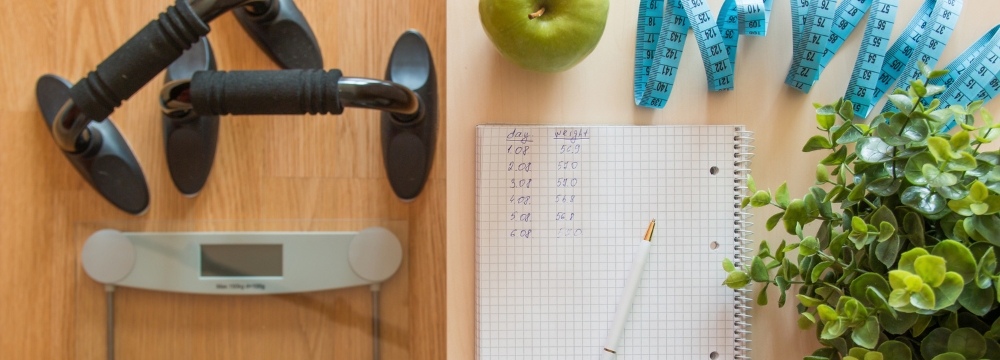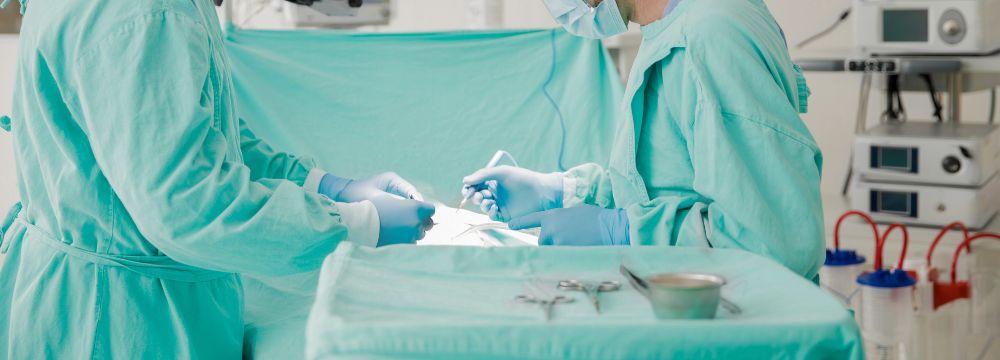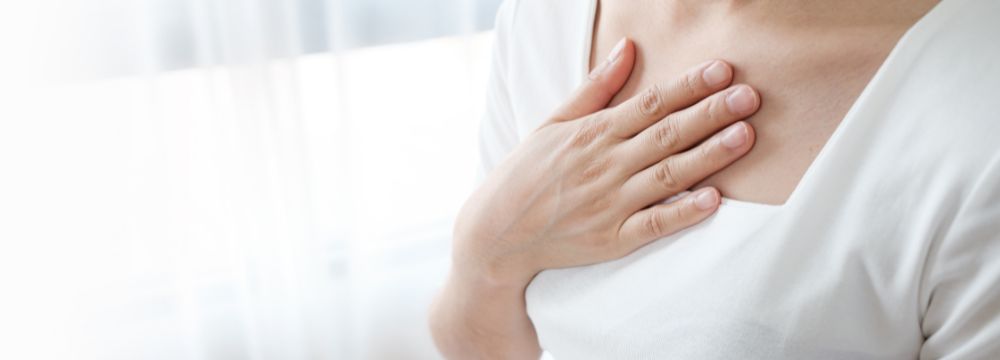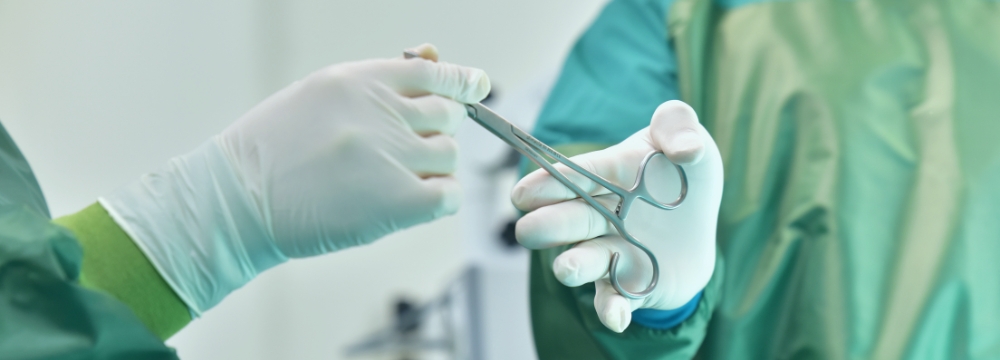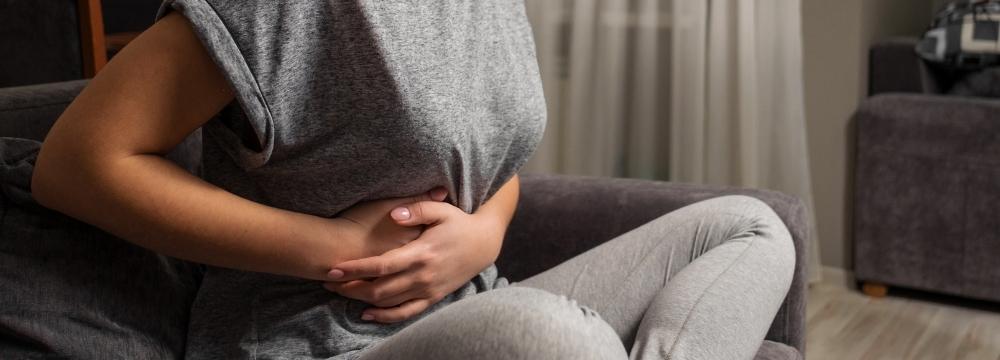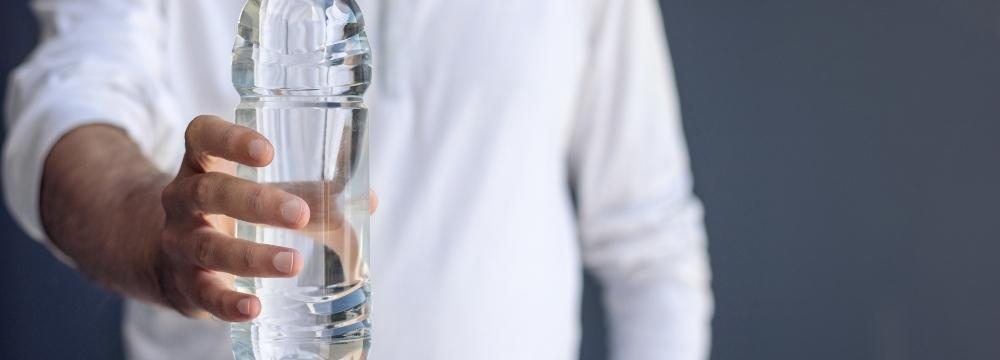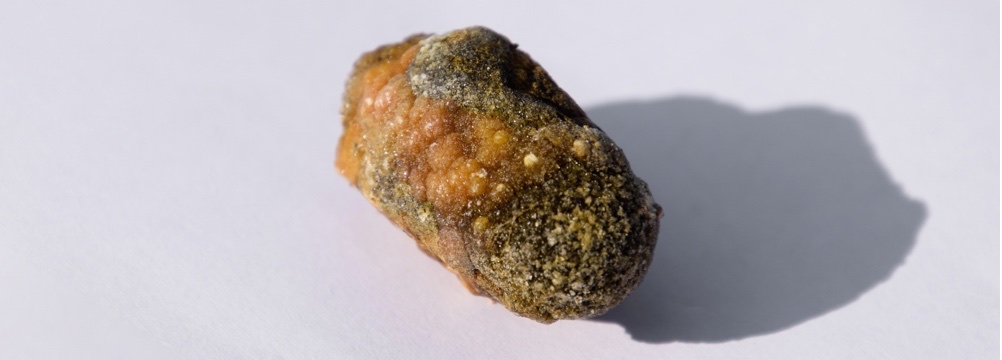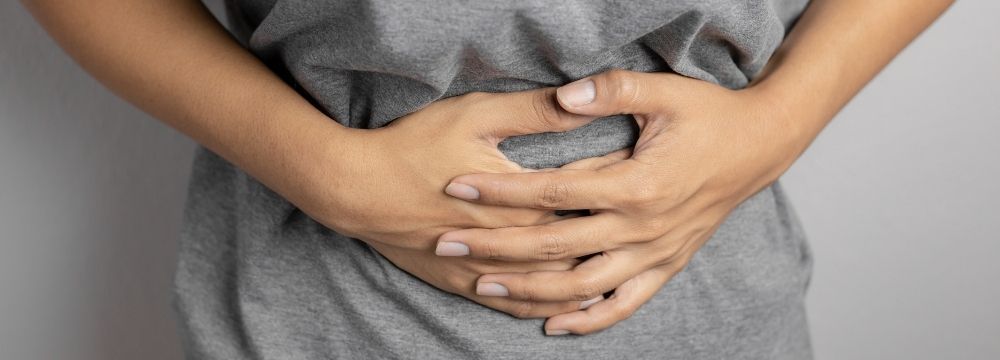Bariatric Surgery
Some patients find that when they start on the merry-go-round of dieting, or even if they’ve had weight loss surgery and are losing a significant amount of weight, they develop gallstones. Millions of people go on diets every year, and hundreds of thousands have bariatric surgery, yet only a tiny number of those end up having their gallbladders removed. Let’s talk about gallstones for a second to understand why.
Many of us have gallstones and will never even know it. Gallstones can be very small or large, but about 90% of cases are asymptomatic. This is because gallstones only become symptomatic when they block the outflow of bile from the gallbladder or when one escapes and lodges in the common bile duct. As such, those who have had their gallbladder removed represent a small fraction of the overall population with gallstones.
Why Significant Weight Loss Increases the Risk of Gallstones
Our gallbladders act as a storage compartment for bile produced by the liver. By having a reservoir of bile available for immediate use, the gallbladder allows the liver to produce a consistent amount of bile. If we have a particularly large or fatty meal, the gallbladder can adapt far more quickly than the liver to add more bile into the system and aid digestion.
Eventually, with consistently increased food intake that often causes weight gain, our liver becomes used to producing substantially more bile to make sure the gallbladder stays adequately filled.
However, once we begin to lose weight and caloric intake drops dramatically, it takes quite some time for the liver to adapt to this change. During this time, lots of bile will remain stagnant in the gallbladder and, as a result, may start to coagulate and crystallize. This is how gallstones are formed.
Do I Need to Worry About Gallstones?
In other articles on our website, you will have read that the size and number of gallstones are not necessarily representative of the risk or likelihood of developing gallbladder disease. Females in their 40s, who are still fertile and are overweight, are at the highest risk of developing gallstones and, by extension, symptomatic gallstones.
What Can I Do to Ensure I Don’t Develop Gallstones?
Maintaining a healthy diet and weight is the best thing you can do to minimize the likelihood of developing symptomatic gallstones. It’s also important to drink plenty of water to stay hydrated and further reduce the risk of the crystallization of bile. Also, any weight loss program you pursue should be measured and not extreme.
Most importantly, however, you shouldn’t be overly concerned about gallstones if you are not experiencing symptoms and are maintaining good dietary and exercise habits. For some of us, there’s not much we can do to prevent them.
If your gallstones become symptomatic, the frequency and severity of the attacks usually do not diminish. Instead, most patients will subsequently have more frequent and more intense episodes—as such, visiting your medical team or a general surgeon is the best way to understand your options. That said, symptomatic gallstones can only be corrected through a simple procedure known as a cholecystectomy or gallbladder removal. Online remedies that include taking supplements or drinks to “dissolve” the gallstones do not work and are not regulated or approved therapies.
Should My Gallbladder Come Out During Bariatric Surgery?
It is not uncommon for us to remove a gallbladder during a primary bariatric procedure, and it can save the patient from a separate gallbladder operation in the future. However, we only do this in cases of existing symptomatic gallbladder disease and not prophylactically. Research has shown that there is not enough benefit to removing a gallbladder without symptoms, primarily because relatively few patients will develop symptoms.
If you are in the Tampa or St. Petersburg area, we encourage you to contact our office for a consultation and discuss options to handle any gallbladder issues you may have.

